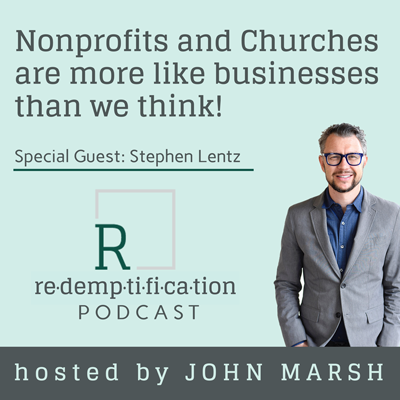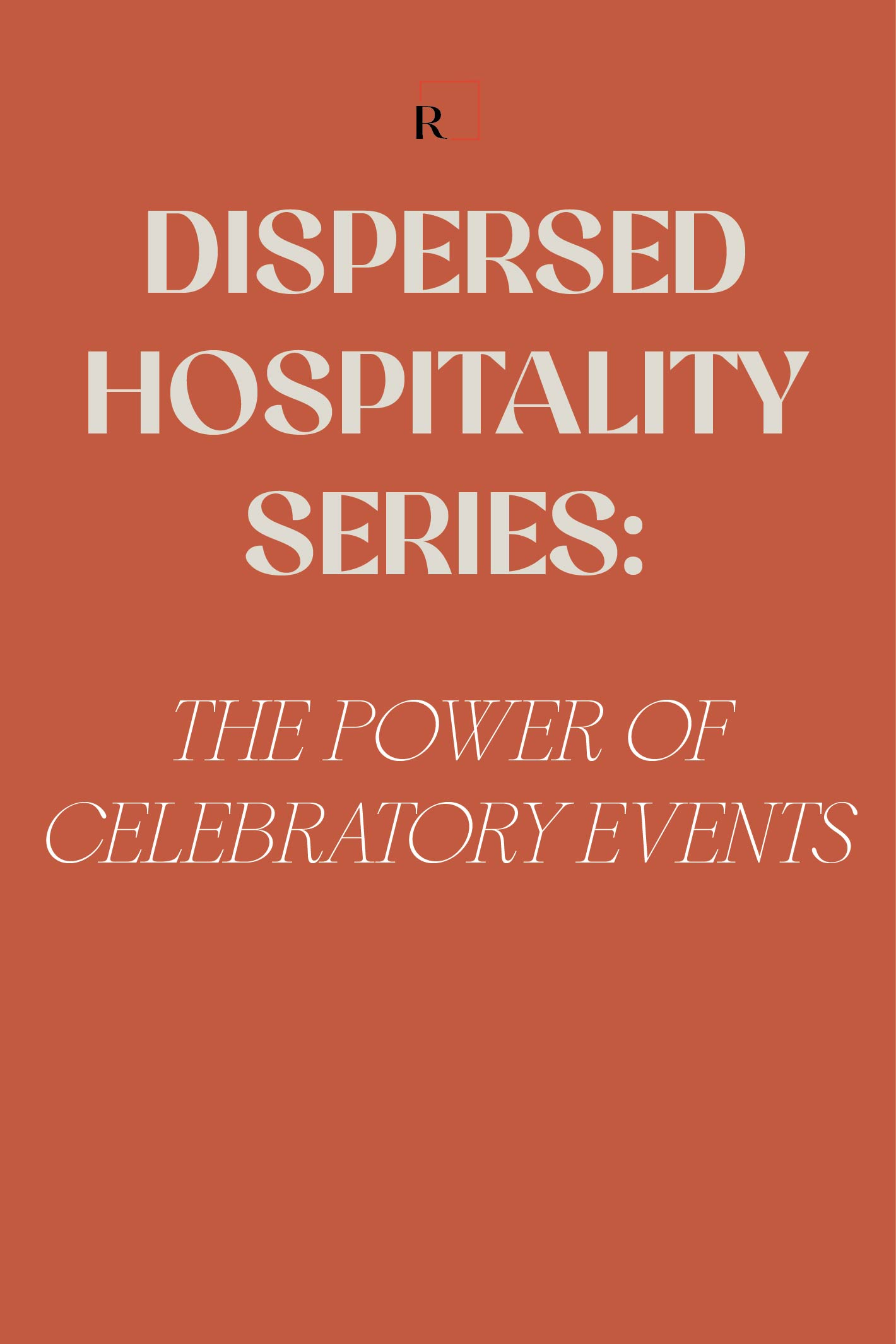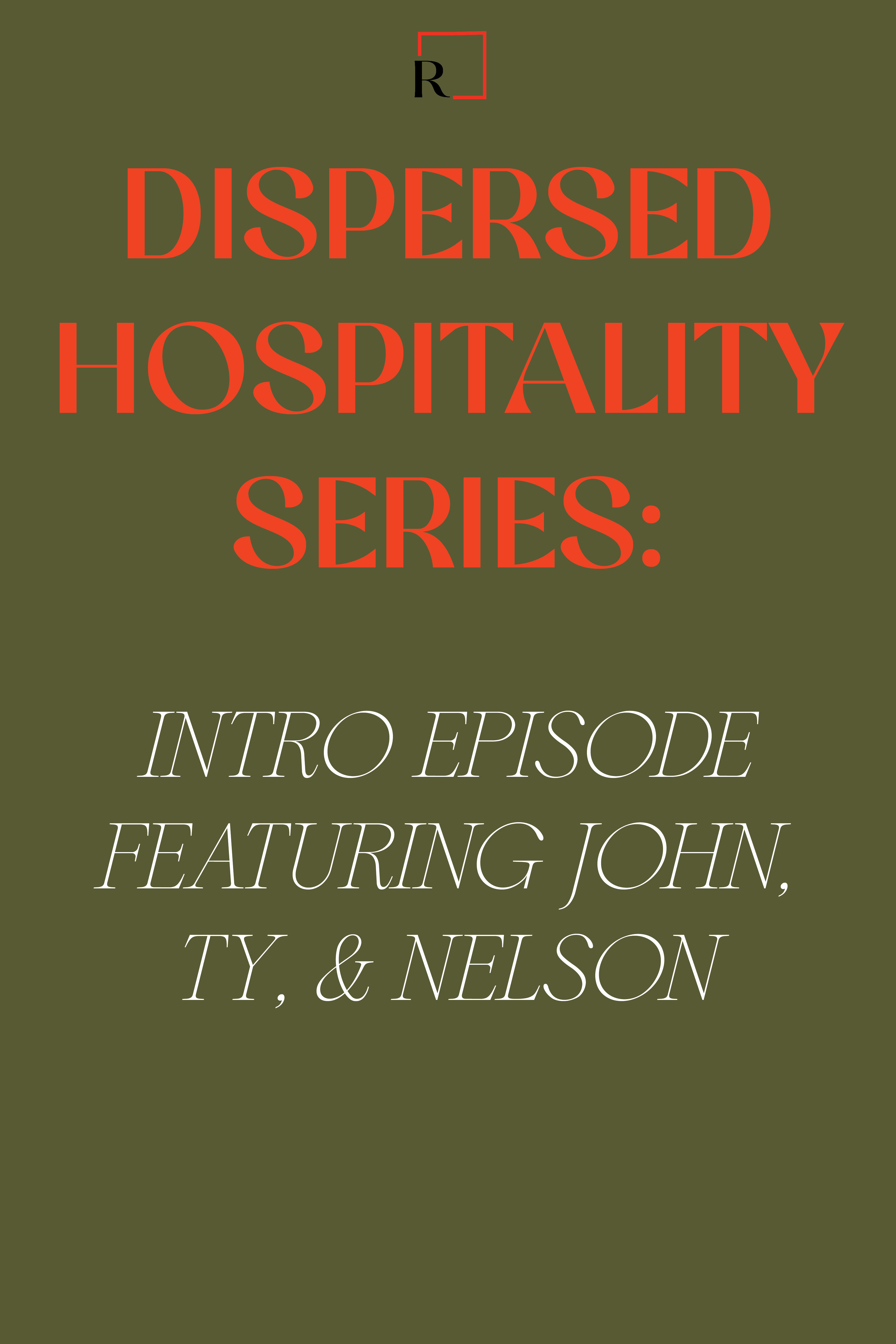Nonprofits and Churches are more like businesses than we think, with special guest Stephen Lentz
John has an eye opening and candid conversation with Stephen Lentz, one of the top 5 “Church Law Authorities” in the U.S. representing denominations and churches in all 50 states and every province in Canada.
Stephen D. Lentz, Esq. is the founding attorney of Lentz Law Group, PLC, former Senior Counsel at East Coast Trial Lawyers, PLC, and a co-founder of Anchor Legal Group, PLLC. Stephen D. Lentz guided his Virginia Beach based firm to become a boutique business and estate planning practice, serving clients in the areas of corporate formation, complex business transactions, entertainment law, intellectual property, non-profit law, foundation, and church/ministry representation. He has counseled corporations and non-profit organizations in both the United States and around the world.
In addition to his legal practice, Stephen has served as an adjunct professor at Regent University School of Law, where he taught Wills, Trusts & Estates, Law Practice Management, International Business Transactions, and Entertainment Law. He also served as Adjunct Faculty of Regent University’s Graduate School of Communications where he taught Media Law, Policy and Ethics.
Mr. Lentz is currently representing national and international organizations in structuring their growth, corporate governance and navigating compliance and tax laws. He offers consulting and legal advice to organizations, sometimes in conjunction with other organizations and professionals, on matters relating to religious protection, general corporate matters and succession planning.
Insights & Inspirations
- I learned that leadership is always the problem and leadership is always the answer. – Stephen Lentz
- People are desperate to be able to see genuine, authentic, credible leaders who have character. – Stephen Lentz
- Many churches today aren’t even incorporated. And what they don’t understand is that an unincorporated association exposes the pastor and all the leaders to personal liability. – Stephen Lentz
- And there are some folks that will say, well, I don’t want the state involved in my business, so I don’t want to be incorporated. And I try to explain to them, you don’t understand the state’s already involved in your business. That’s where you get the category unincorporated association. It’s from your smooth code. And so it’s the most intrusive controlling state presence in an organization because in an unincorporated association, especially if you’re a church, you as the leader can say, I want to build a building, your trustees can say you want to build a building, the congregation can vote and say you want build a building. Still can’t do it. You have to go to the court and get an order permitting you to do that because you’re an unincorporated association.- Stephen Lentz
- And the court, it wants to make sure that you know what the heck you’re doing. And once you incorporate, now you’re under your state corporation code, nonprofit code, some either even have a religious nonprofit code and you can make your decisions under as a board and the congregation or board and the pastor. And you don’t have to go to the get extra permission and you’re being judged by good corporate business practices now, not something that a court doesn’t exactly know what the heck you’re doing or who you are. #1. Get incorporated. Now the pastor, the elders, the board are not personally liable.- Stephen Lentz
- And so understanding intellectual property rights and that flows in churches. Churches are businesses. And it’s not carnal to say that – Stephen Lentz
- With us helping cities and every city we go in, we create food and beverage because we say so much meaningful happens at the table. You decide who to marry and where to bury. And even when we show up in the kingdom, there’s a big table. So food and beverage, we can’t get people to build places without that. But then the other two parts are overnight stay diffused hospitality and destination hospitality. But the third is events. – John Marsh
- I said, If you don’t have a facility use agreement and you let an outside group in, you’ve created what’s called a public use, which means now you can’t say no to anybody.- Stephen Lentz
- If you’re a 501 C3 faith based nonprofit, tax exempted organization and you have a statement of faith and you’re clear on this, then under the first amendment, you are allowed to discriminate based on your religious preferences..- Stephen Lentz
Information & Links
- Middle East Television
- The Business of Church by Stephen Lentz
- Bulletproof: Business Protection Strategies from a War Zone by Stephen Lentz
- Stephen Lentz – website
Closing Questions
What have you read that we should read?
-
Avalanche: The 9 Principles for Uncovering True Wealth by Steve Sanduski
Who do you know that we should know?
- Gary and Barb Rosberg – America’s Family Coaches
- Nick Vujicic – Life Without Limbs




